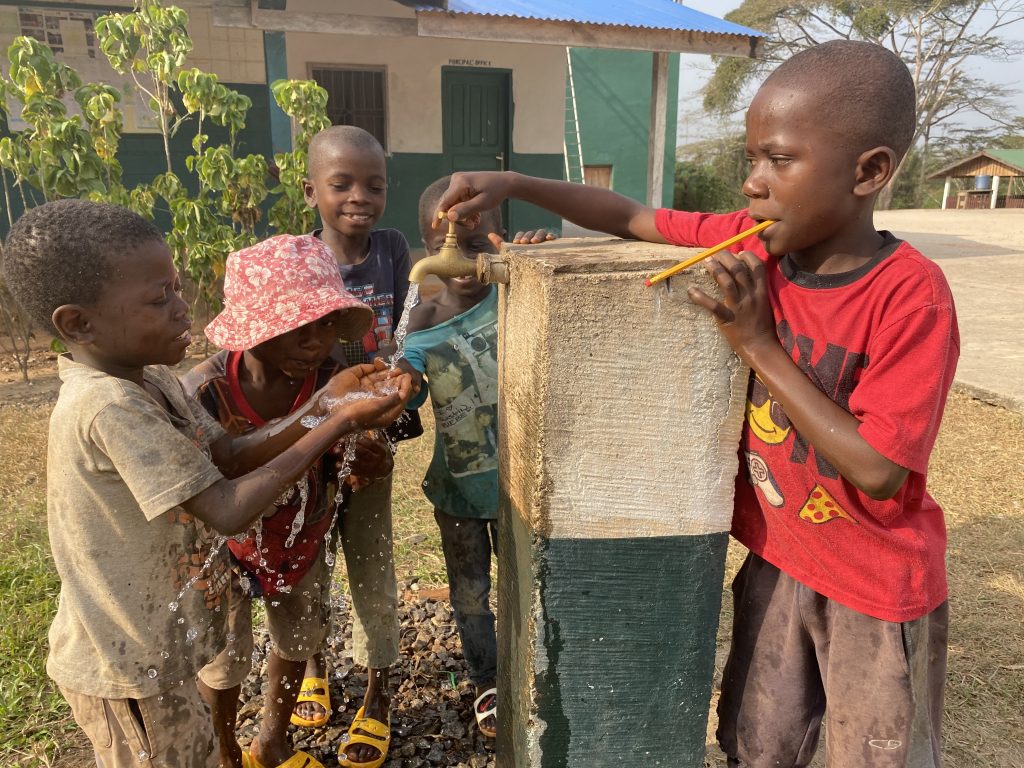
On Thursday, April 15th, the NGO Committee on Financing for Development hosted a side event as a part of the UN Financing for Development Forum to present Grassroots Community-Based Research Findings: “Asks” to Strengthen Social Protection, Digital and Financial Inclusion, and Climate Finance in a Post-COVID-19 Era. We heard from speakers ranging from the UN Financing for Sustainable Development Office to community-based NGO representatives from around the world as we explored the findings of our collective grassroots research initiative.
This research began by analyzing the Addis Ababa Action Agenda and the Paris Agreement, their commitments, and their translation to the grassroots level. Investigation of these documents revealed that while they spoke of important commitments around social protection, financial inclusion, and climate finance, they were lacking enforcement mechanisms or benchmarks that might ensure that such commitments translate to substantial change for those communities around the world who need it most, which often are the communities where our NGO Committee Partners work.
A survey disseminated through NGO partners in seven countries, including India, Nepal, the Philippines, Haiti, Mexico, Senegal, and Kenya, measured access to key services in the categories of social protection, financial and digital inclusion, and climate finance and how access to those services was affected by the COVID-19 pandemic. The results around social protection services varied widely from country to country and between services, with a notable decrease in access to social security and insurance in the Philippines and Mexico. Financial and digital programs and services generally maintained their accessibility post-pandemic, indicating the resilience of those programs/services through major challenges. The use of mobile phones and mobile financing has proven effective at creating widespread access to financial services among the NGO community contacts surveyed. Countries of particular success in this area include Kenya, Mexico, and the Philippines. Finally, climate finance and resilience programs decreased drastically after the pandemic in all seven countries analyzed. This suggests that climate programs are some of the first to go when disaster hits, presenting major challenges for long-term sustainable development.
In response to these findings, some broad policy “asks” include bolstering legislation and funding around social protection programs as well as increasing NGO and community awareness of services offered, prioritizing the implementation of digital financial services as a key method of increasing financial access for all, and building “resilience” to challenges such as the pandemic into climate policies and initiatives to ensure that they remain a consistent priority. These steps can help ensure continued progress towards achieving the Sustainable Development Goals as the world looks ahead to a post-pandemic era.
Thanks to Research Assistant Elsa Barron for her coordination and analysis of the grassroots surveys, and for capturing this account of the FFD Forum side event. The event was funded by Misean Cara.
You will find more information and the event flyer below: